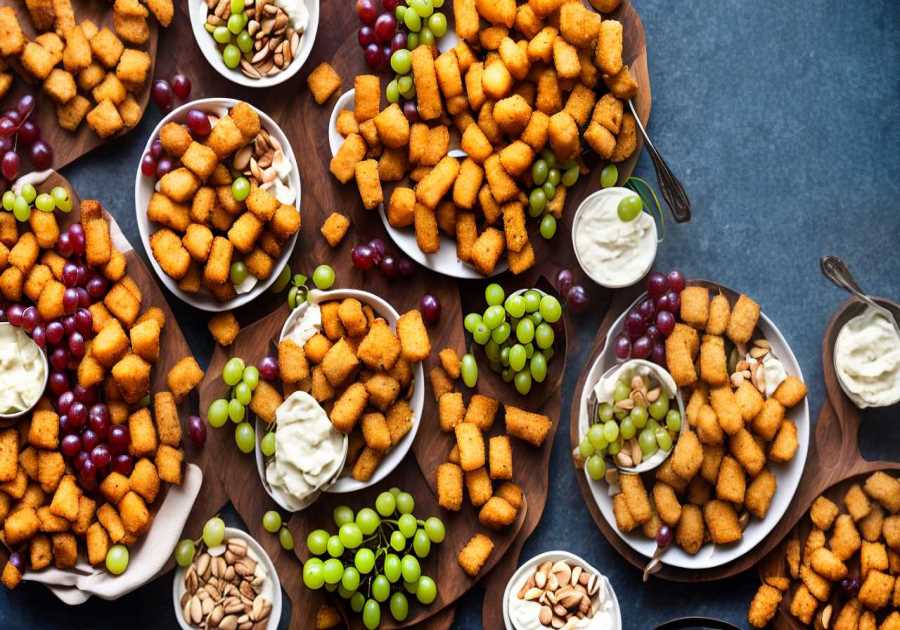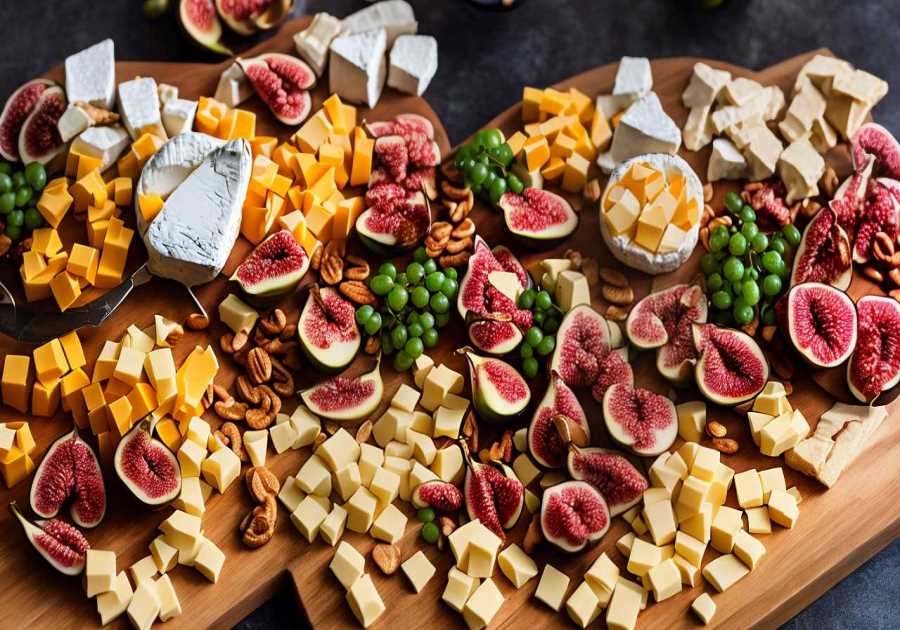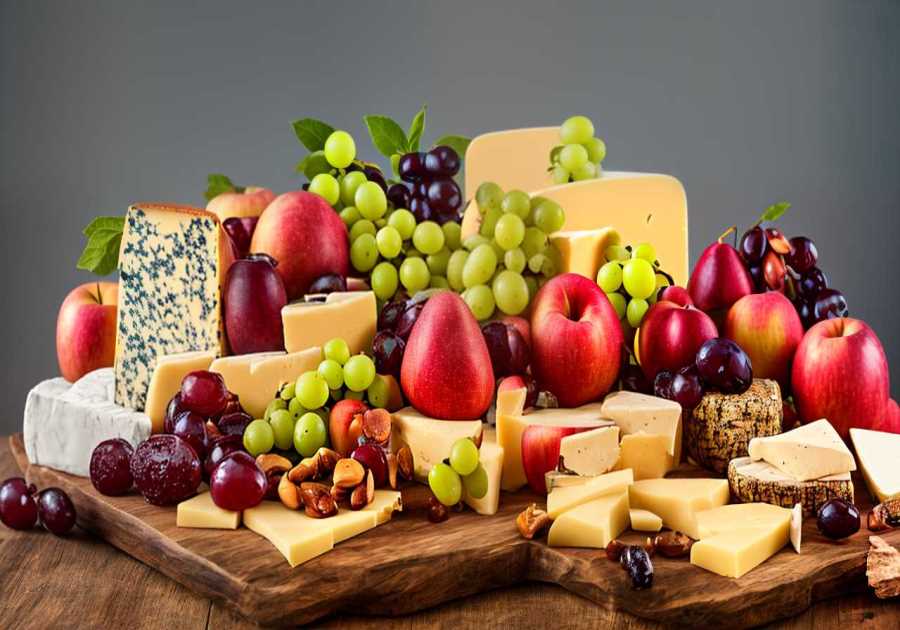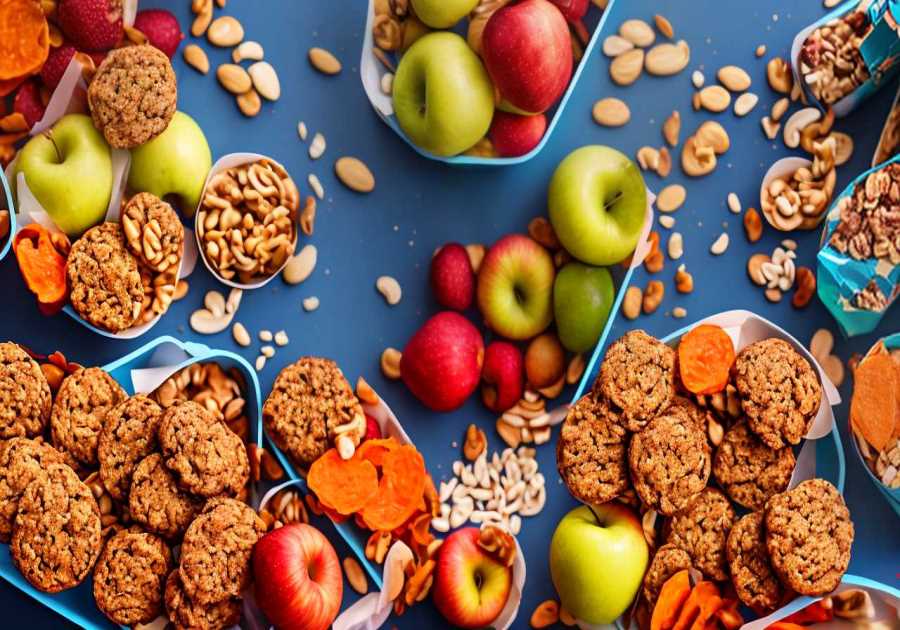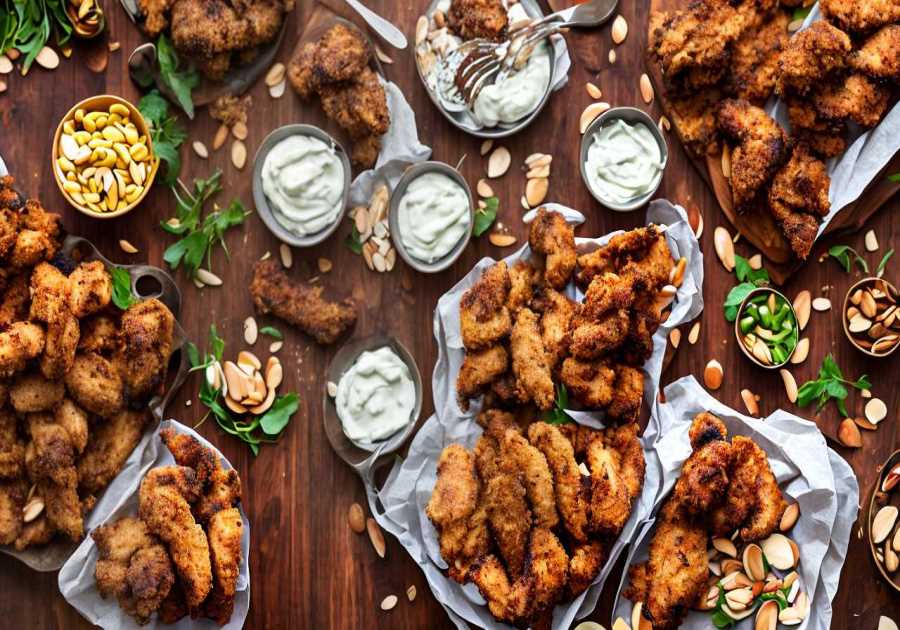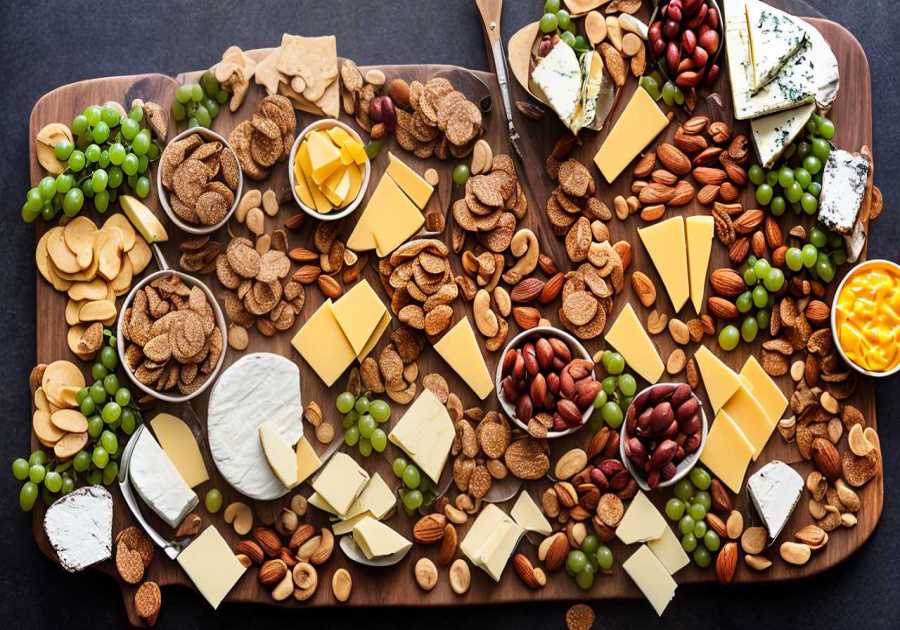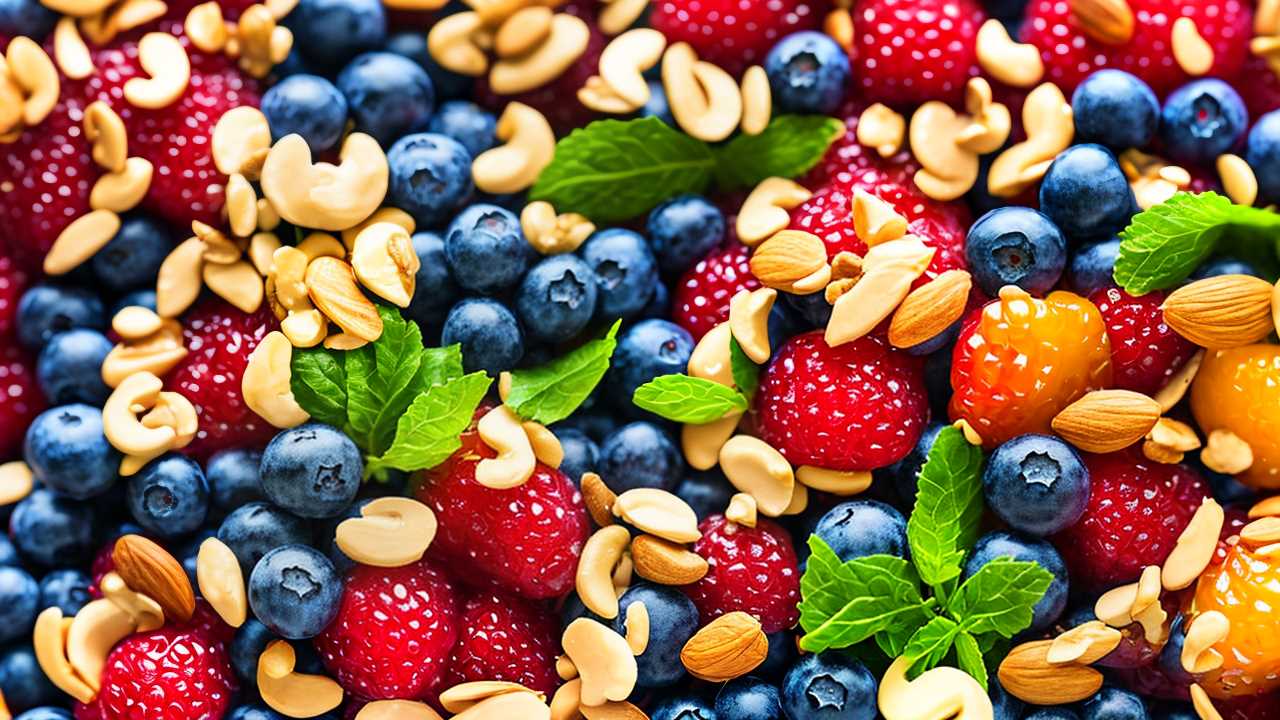
What Are School Brain Snacks?
School brain snacks are nutrient-dense foods designed to enhance your cognitive function and sustain your energy throughout the school day. They typically include ingredients like omega-3 fatty acids from walnuts and flaxseeds, antioxidants from blueberries, complex carbohydrates from whole grains, and proteins from dairy products, all of which support brain health and focus. Consumed every few hours, these snacks help maintain consistent glucose levels, essential for mental clarity and learning effectiveness. Incorporating such snacks into your routine can significantly boost your academic performance and cognitive skills. Discover what further benefits these snacks offer and how you can integrate them into your daily diet.

Understanding Brain Snacks

Brain snacks, nutrient-dense treats designed to fuel the mind, are essential for students striving to maximize their learning potential. These aren't just any snacks; they're strategically chosen to boost cognitive function, ensuring that both the brain and body are adequately nourished for the challenges of a rigorous academic day.
You might wonder what makes a snack a "brain snack." It's all about the ingredients and their impact on your mental performance. Foods rich in omega-3 fatty acids, antioxidants, and proteins are known to enhance concentration and memory. When you choose snacks that incorporate these nutrients, you're setting yourself up for a more productive study session or a more focused day in class.
For instance, incorporating keto-friendly options like mixed nuts or fermented vegetables can provide the necessary fats and probiotics to support brain health.
Now, let's talk about snack timing, which is just as crucial as the snack itself. Timing your brain snacks can help maintain consistent glucose levels, which is vital for optimal brain function. A well-timed snack can prevent mid-morning crashes or late-afternoon brain fog.
Ideally, you'll want to have a small, nutrient-packed snack every three to four hours. This doesn't mean you're eating more overall; rather, you're spacing out your intake to support sustained mental energy.
As you prepare to serve others through education and care, remember that nurturing the brain with the right foods at the right times is a powerful tool. By adopting these practices, you not only enhance your own cognitive abilities but also set a positive example for those you're helping.
Choose wisely, time it right, and watch as your mental clarity improves.
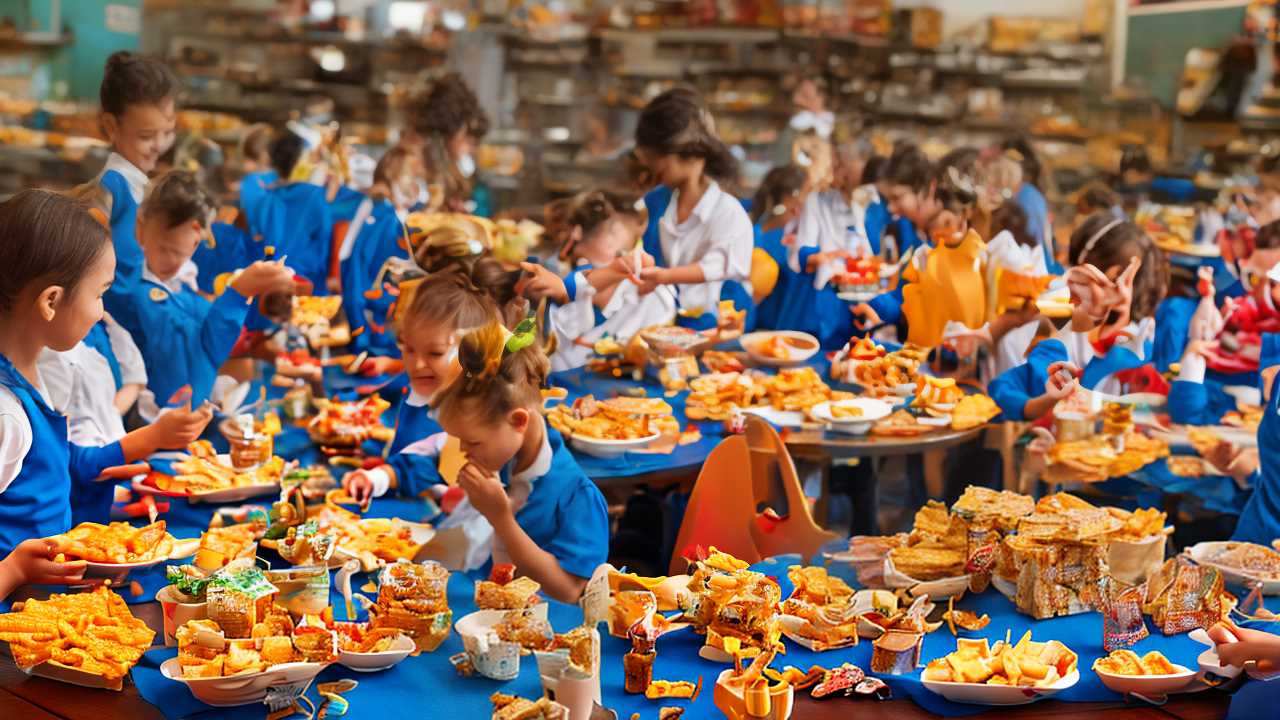
Nutritional Benefits
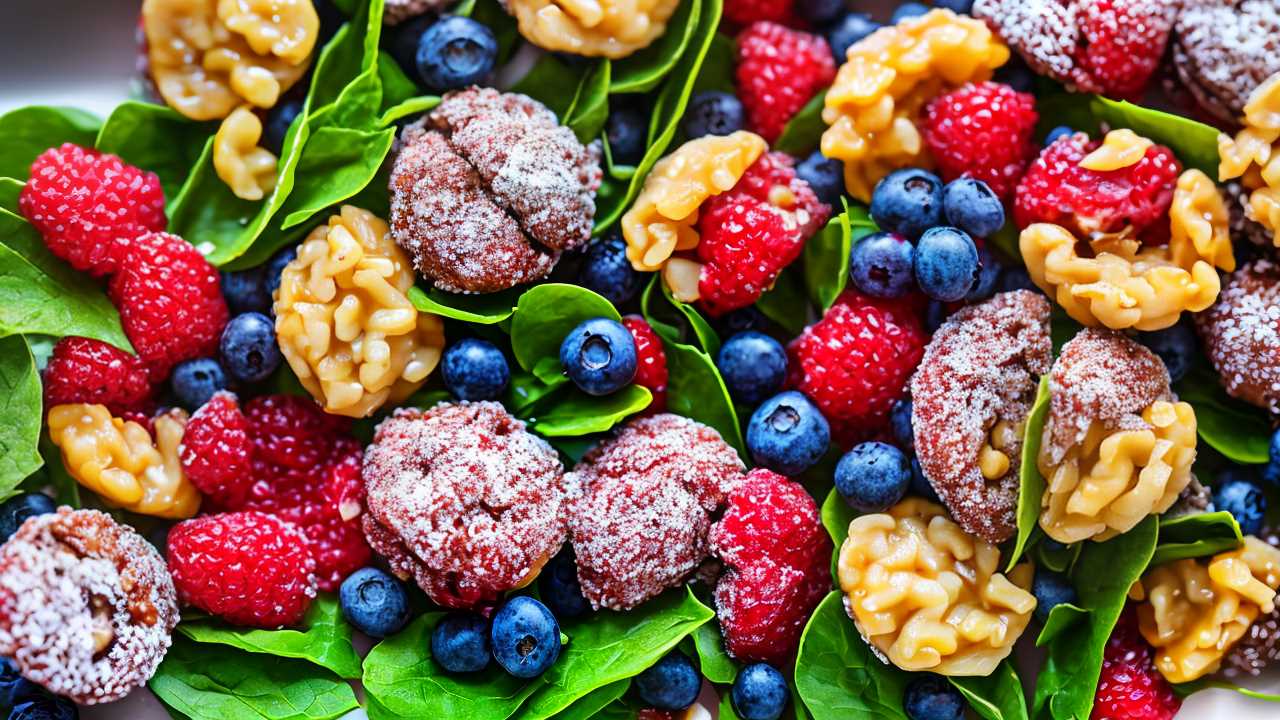
You'll find that the nutritional benefits of brain snacks are impressive and directly support your cognitive functions. By choosing snacks rich in vitamins, minerals, and other essential nutrients, you're not only boosting your energy levels but also enhancing your brain's ability to process and retain information. This is particularly crucial during school hours when you need to stay alert and focused.
Nutrients like omega-3 fatty acids, antioxidants, and complex carbohydrates play pivotal roles in brain health. Omega-3s, for instance, contribute to the structural integrity of brain cells, while antioxidants help combat oxidative stress that can damage brain cells. Complex carbohydrates provide a steady release of glucose, keeping energy levels consistent.
Here's a quick glance at how these nutrients impact your brain and body:
| Nutrient | Benefit to Brain and Energy Levels |
|---|---|
| Omega-3 Fatty Acids | Enhances cognitive function and neuron health |
| Antioxidants | Protects against cell damage and supports mental clarity |
| Complex Carbohydrates | Provides sustained energy, aiding in focus and stamina |
| Protein | Supports neurotransmitter function and brain health |
Incorporating these nutrients into your daily snack choices can significantly influence your cognitive abilities and energy levels throughout the school day. It's not just about eating something; it's about fueling your brain with what it needs to excel. By understanding and utilizing the nutritional power of brain snacks, you're setting yourself up for success in a demanding academic environment. Choose wisely, and watch how your body and mind thrive together.

Top Brain-Boosting Foods
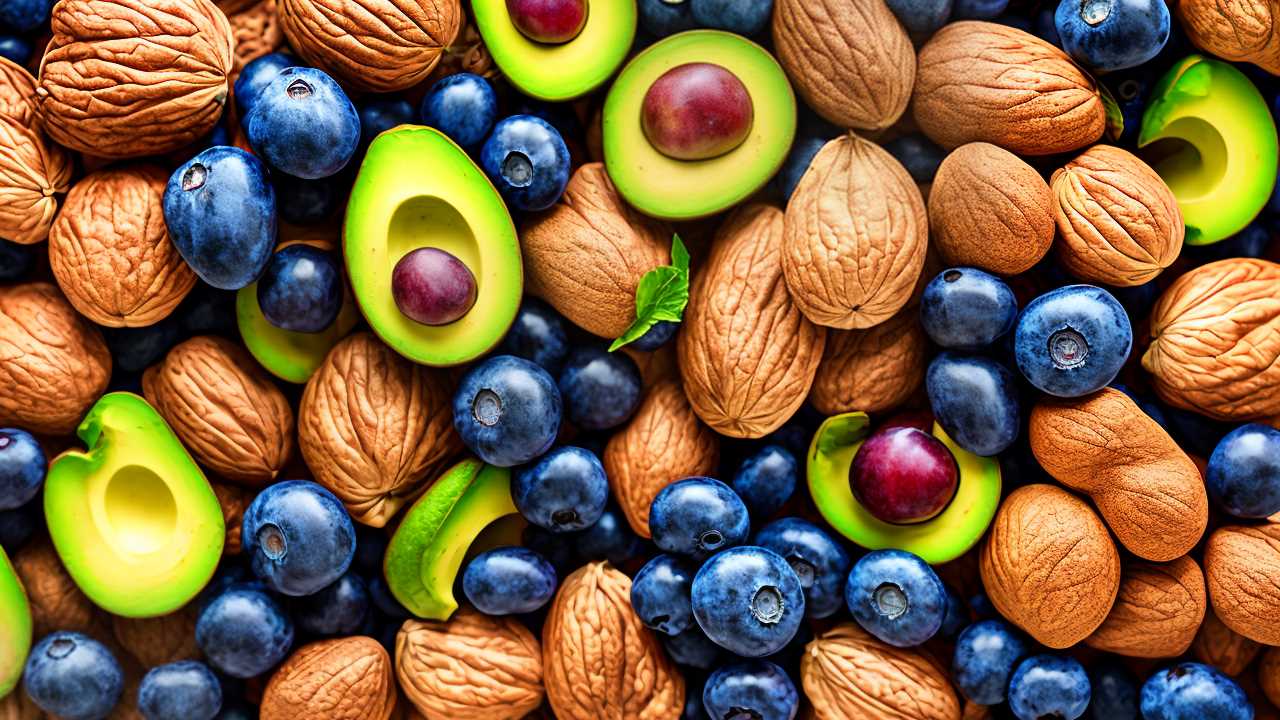
Several foods are known for their powerful ability to boost brain function. As you plan your day, consider the importance of nutrient timing and choosing snack alternatives that not only satisfy hunger but also enhance cognitive performance. Foods rich in omega-3 fatty acids, like walnuts and flaxseeds, are fantastic for improving focus and memory. Integrating these into your mid-morning or afternoon snack can help maintain your brain's peak performance throughout the day.
Blueberries are another excellent choice. Dubbed as "brainberries" by some experts, they're packed with antioxidants that aid in protecting the brain from oxidative stress and may reduce the effects of age-related conditions. Incorporating a small handful of these berries into your diet can influence mental clarity and concentration.
Complex carbohydrates, found in whole grains like oats and barley, provide a steady release of glucose, fueling the brain consistently rather than in spikes. Ideal for a sustained study session, these grains can be a part of breakfast or as a snack to keep your energy levels stable.
For those following a KETO-friendly diet, consider incorporating cheese products that align with your dietary needs while still providing essential nutrients for brain health.
Don't overlook the power of seeds—chia seeds and pumpkin seeds are loaded with magnesium, zinc, and B-vitamins, which are crucial for cognitive function. These can be easily added to yogurt or smoothies, offering a nutrient-packed snack that supports brain health.

Easy Recipes for Students
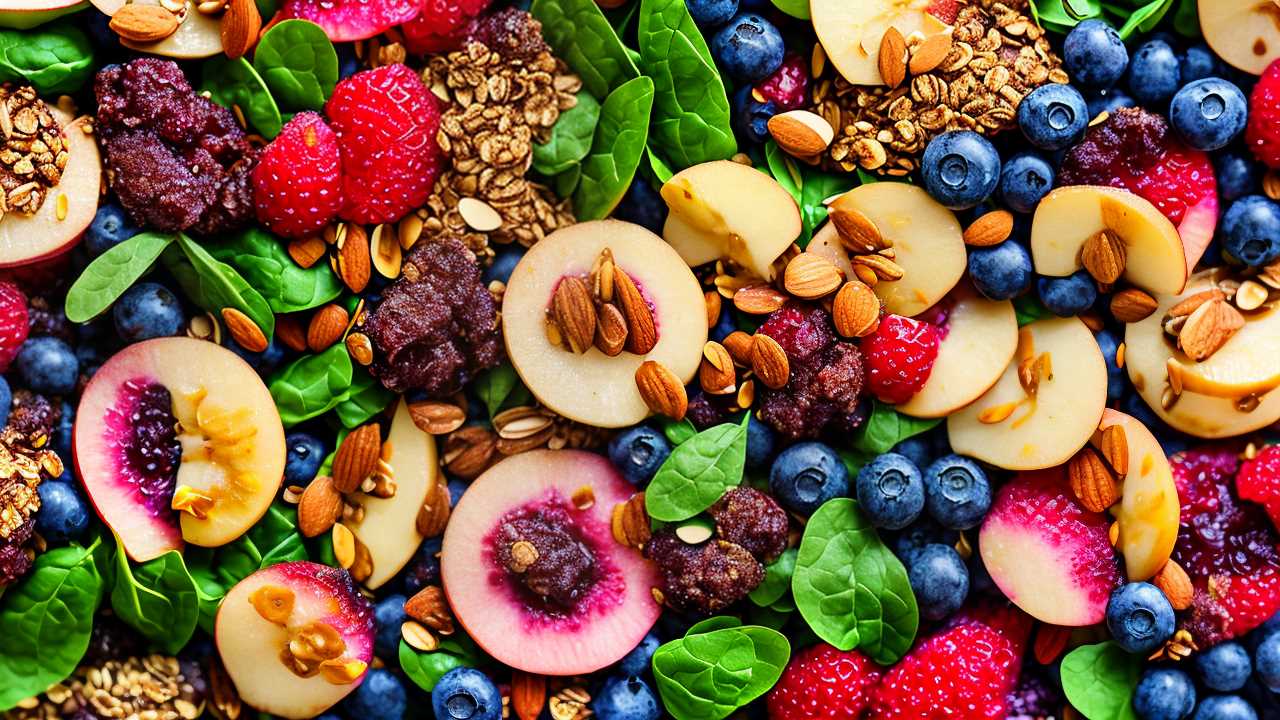
Switching gears to "Easy Recipes for Students," let's dive into how you can whip up quick, nutritious snacks that keep your mind sharp and your body energized. Quick snacks don't have to be laden with sugar to be delicious. For instance, try mixing a handful of nuts with dried fruits for a homemade trail mix. This simple combination gives you a burst of energy and essential nutrients without the crash that sugary snacks provide.
Introducing a cheese-based alternative like CheeseBall Bites could also diversify snack options with minimal preparation time and a rich flavor profile.
Another stellar option is whole-grain crackers topped with avocado. Just mash an avocado, spread it on the crackers, and sprinkle a pinch of salt and pepper. Avocados are packed with healthy fats and fiber that help you feel full and focused longer. Plus, this snack takes barely any time to prepare, making it perfect for your busy schedule.
For those with a sweet tooth, Greek yogurt with a drizzle of honey and a sprinkle of cinnamon can satisfy your cravings while boosting your brain function. Greek yogurt is a great source of protein and probiotics, which are essential for your overall health. Adding a bit of honey provides natural sweetness, and cinnamon can help regulate your blood sugar levels.
Don't forget about the power of smoothies. Combine spinach, a banana, a scoop of peanut butter, and a splash of almond milk in a blender. This green smoothie isn't only a healthy option but also keeps you hydrated and alert throughout your studies.
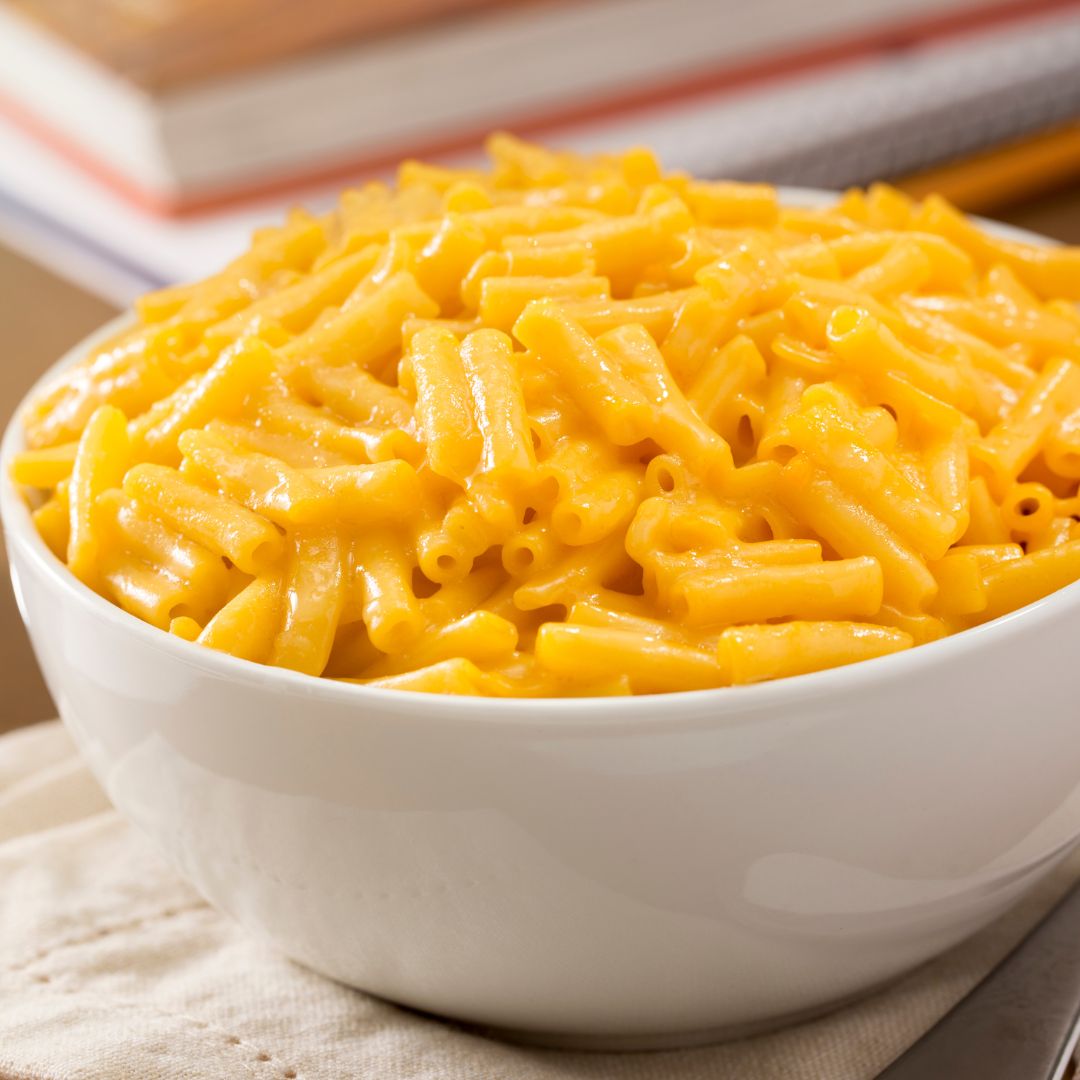
Impact on Academic Performance

While these snacks boost energy levels and provide vital nutrients, their influence extends beyond mere physical health; they also play a significant role in academic performance. By choosing the right snacks, you're not just filling a hunger gap; you're also fueling the brain's cognitive functions, essential for learning and memory.
Brain snacks rich in omega-3 fatty acids, antioxidants, and complex carbohydrates directly impact mental alertness and the ability to concentrate in class. These nutrients support neural connectivity and protect brain cells, enhancing overall cognitive performance.
Here's how the right snacks can make a significant difference:
- Improved Concentration: Foods high in protein and fiber help stabilize blood sugar levels, preventing energy dips and maintaining focus throughout school hours.
- Enhanced Memory: Omega-3 fatty acids are crucial for brain health, improving the functioning of neurons and aiding in memory retention.
- Better Mood Regulation: Balanced snacks can influence neurotransmitter pathways, promoting better mood and a more positive attitude towards learning.
- Increased Stamina: Long-lasting energy from complex carbohydrates allows for sustained mental effort, necessary during exams or long study sessions.
- Sharper Cognitive Skills: Antioxidants in fruits and nuts combat oxidative stress, which can impair brain function and cognitive skills over time.

Frequently Asked Questions
Can Brain Snacks Help With ADHD in Students?
Yes, brain snacks can indeed assist students with ADHD by enhancing their brain function.
Opt for snack ideas rich in omega-3 fatty acids, protein, and fiber, such as nuts, yogurt, or fruits. These nutrients help maintain focus and energy levels, crucial for managing ADHD symptoms.
Incorporating these health-focused snacks into a daily routine can provide the necessary brain boost, aiding concentration and learning outcomes effectively.
Are There Allergen-Free Brain Snack Options?
Yes, there are allergen-free brain snack options available for you to consider.
With 1 in 13 children affected by food allergies, it's crucial to find safe, inclusive snacks. You can explore allergen-free recipes that prioritize health without sacrificing taste.
Focus on snack preparation that avoids common allergens like nuts, dairy, and gluten. These mindful choices ensure every student can enjoy nutritious snacks that support their learning without risking their health.
How Often Should Students Eat Brain Snacks?
You should aim to eat brain snacks every two to three hours to optimize focus and energy throughout the day.
It's all about nutritional timing and portion control. Small, frequent snacks help maintain stable blood sugar levels, preventing the midday slump.
Choose options rich in protein and healthy fats for sustained mental clarity.
Do Brain Snacks Help During Exams?
Absolutely, brain snacks can be a game-changer during exam periods.
As the old saying goes, "A sound mind in a sound body"—feeding your brain the right nutrients can significantly enhance cognitive function and, consequently, exam performance.
Opting for snacks rich in omega-3 fatty acids, antioxidants, and proteins helps maintain mental sharpness and focus.
You'll not only feel more prepared but also serve your body and mind the support they need during stressful times.
Are Homemade Brain Snacks Better Than Store-Bought?
You might wonder if homemade brain snacks are better than store-bought ones. Indeed, creating your own snacks using homemade recipes can offer greater nutritional benefits.
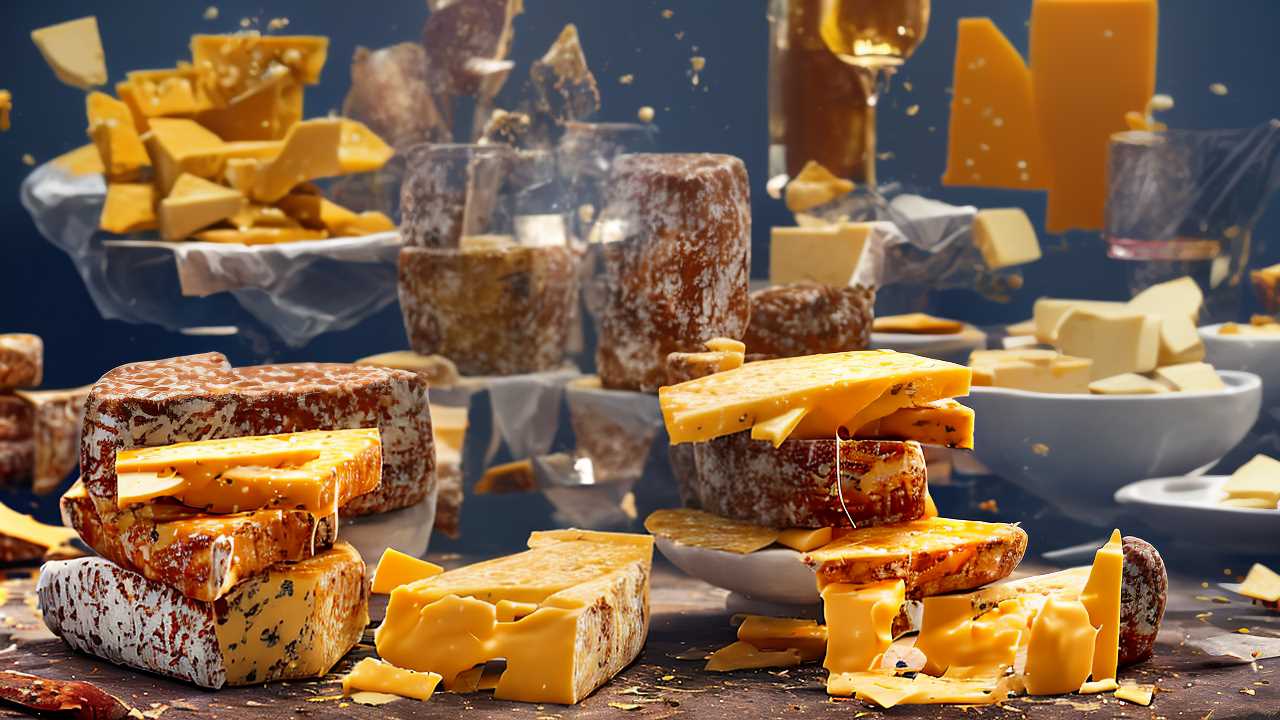
Conclusion
Imagine your brain as a high-powered engine that thrives on premium fuel. Those brain snacks? They're your power-packed pit stops. By choosing the right foods, like those bursting with omega-3s and antioxidants, you're essentially turbocharging your cognitive capabilities. Whip up some quick, nutritious recipes and feel your mental gears shift smoothly. With every bite, you're not just filling your stomach; you're boosting your academic prowess. Feed your mind wisely, and watch your performance soar like an eagle on the wind.

_7.png)
